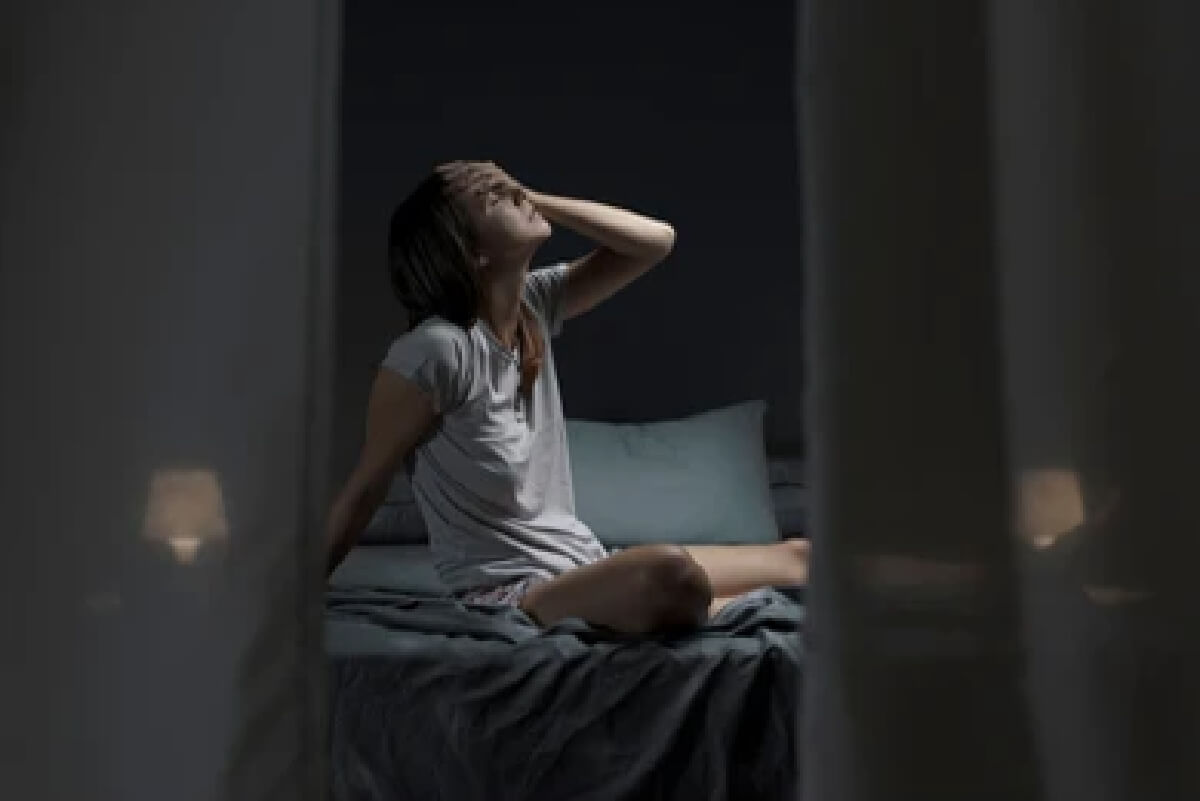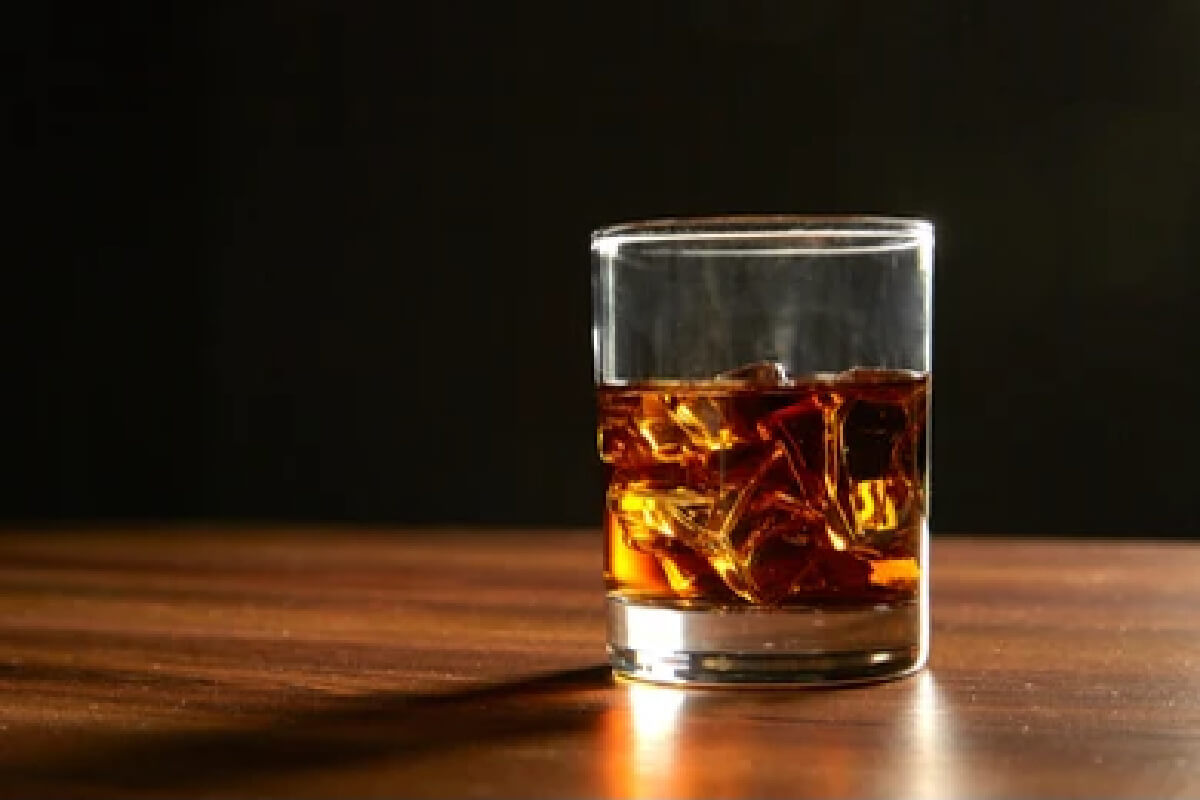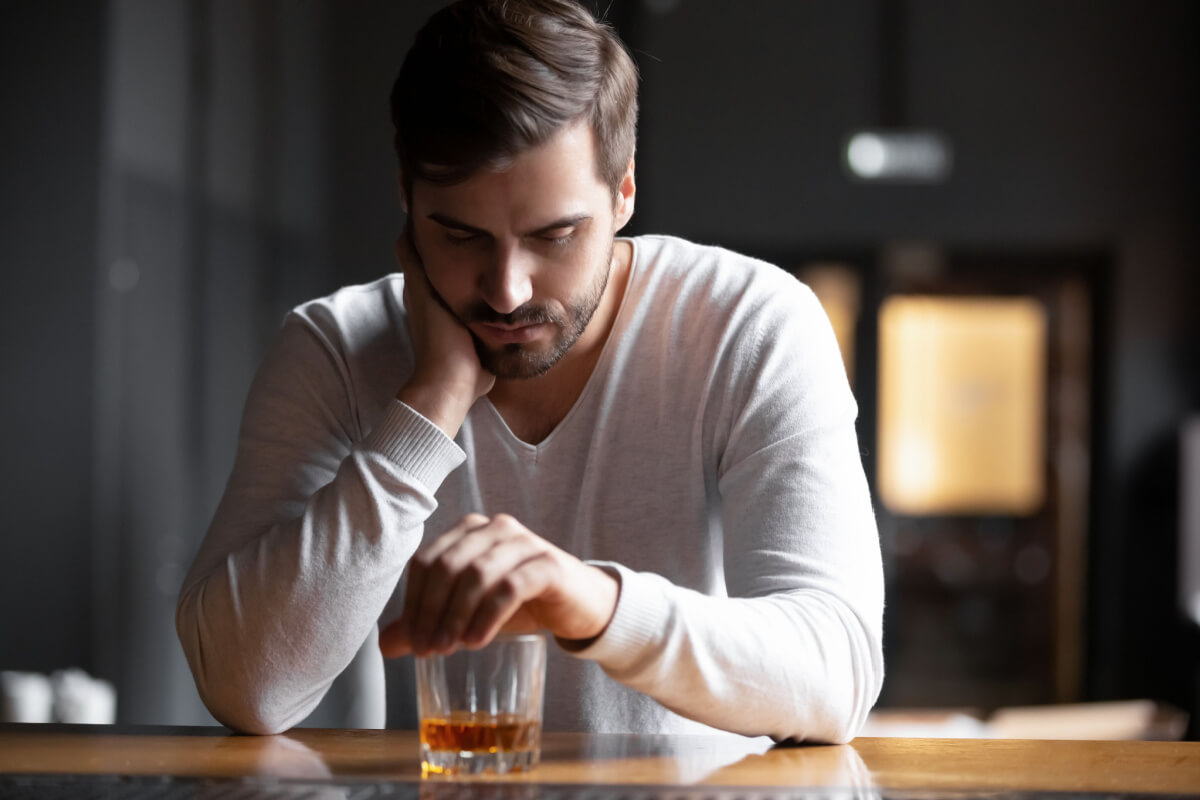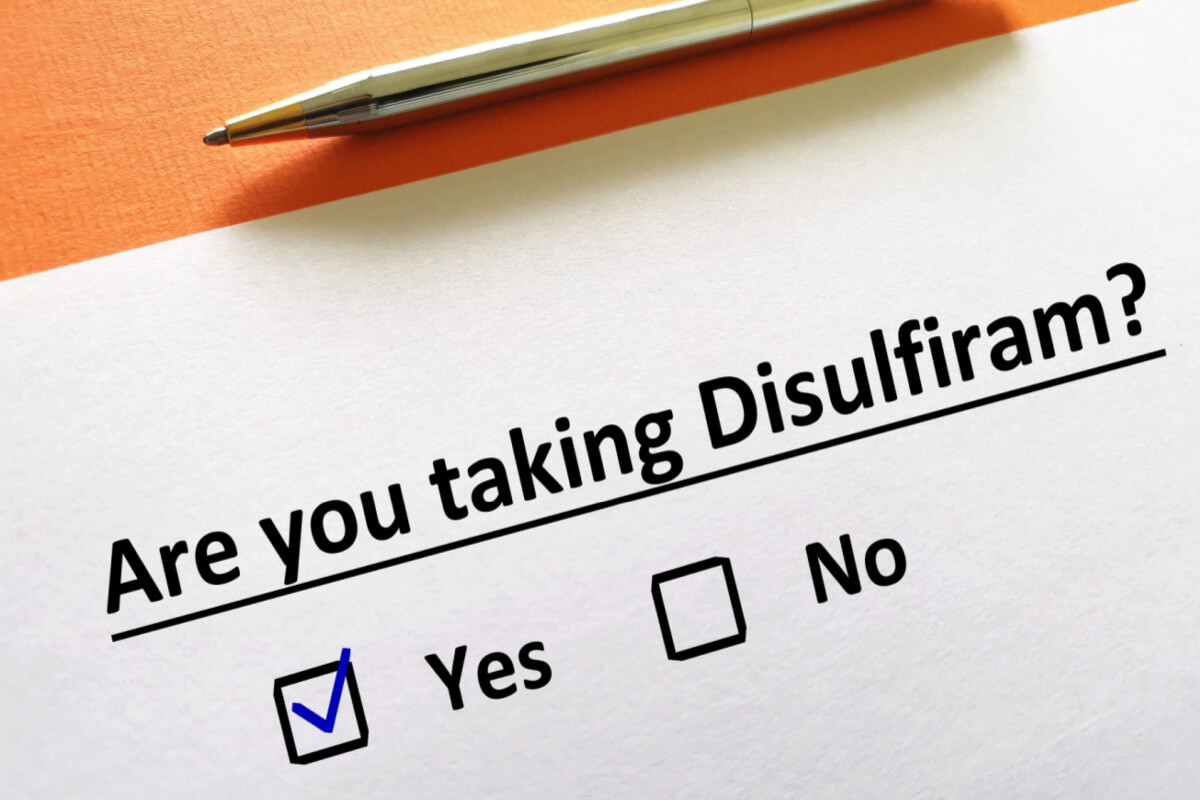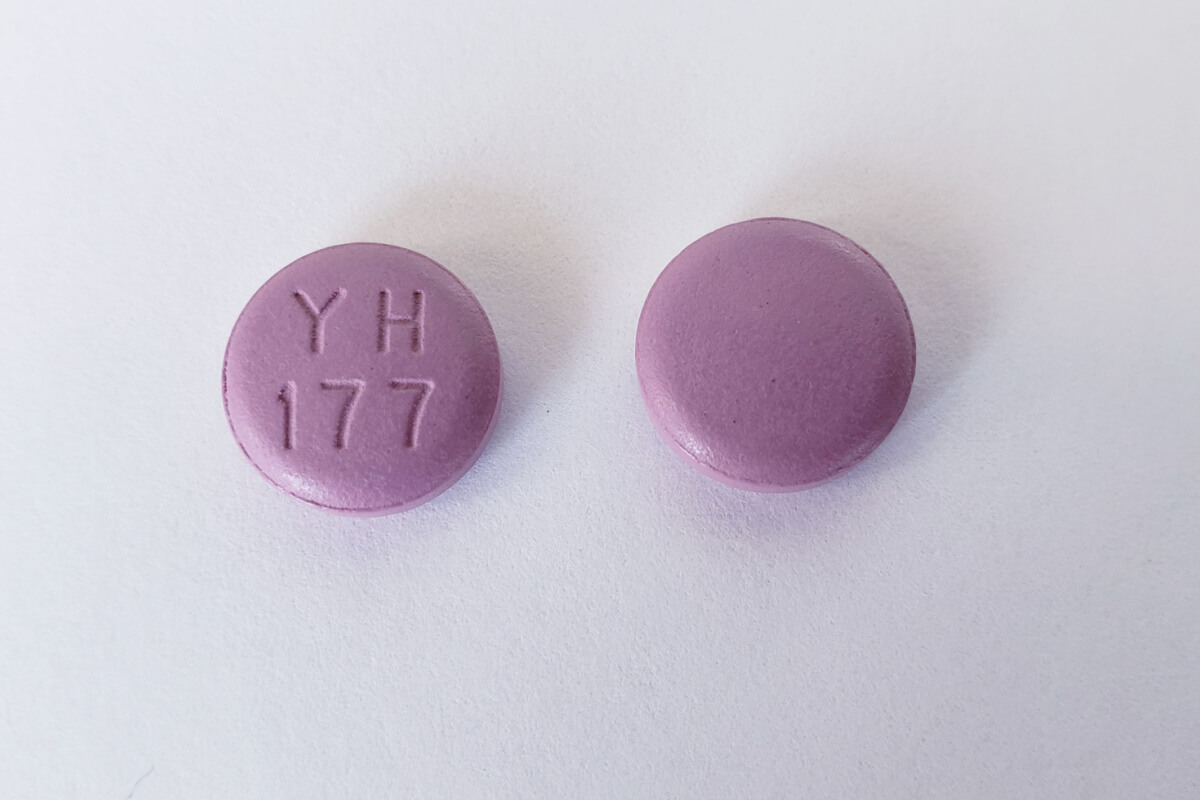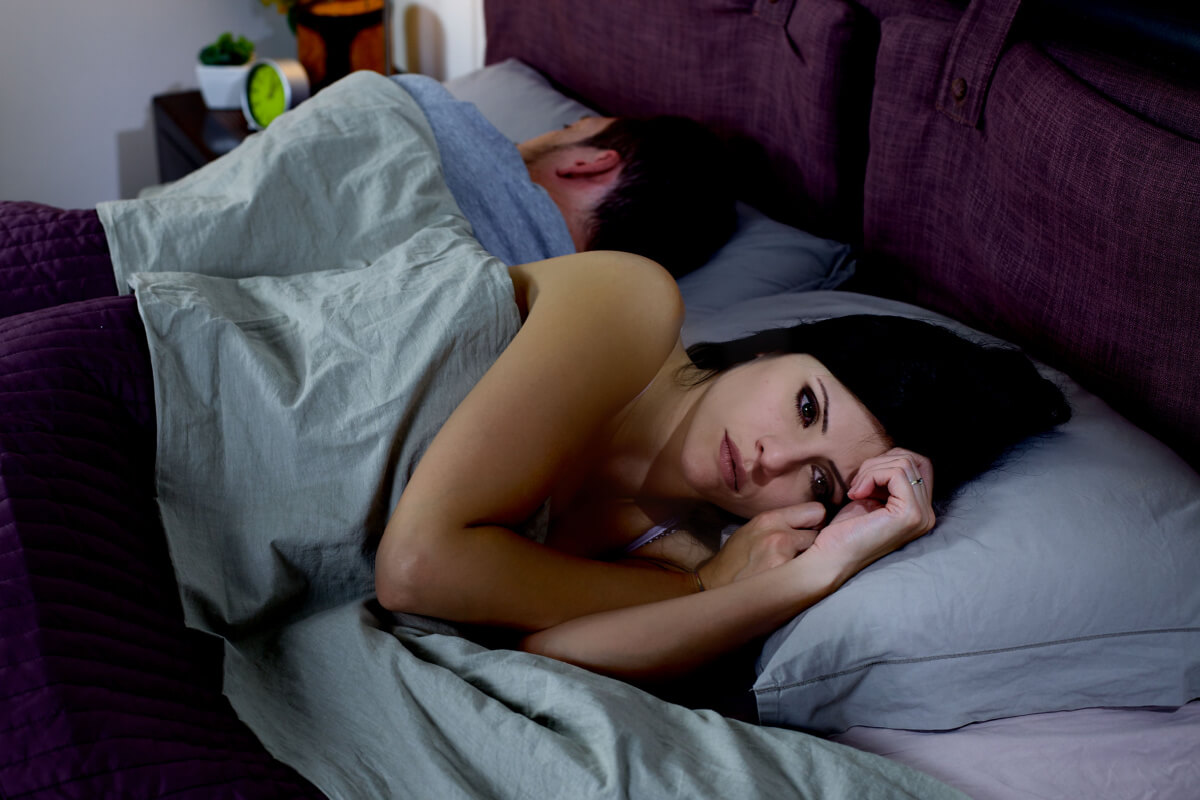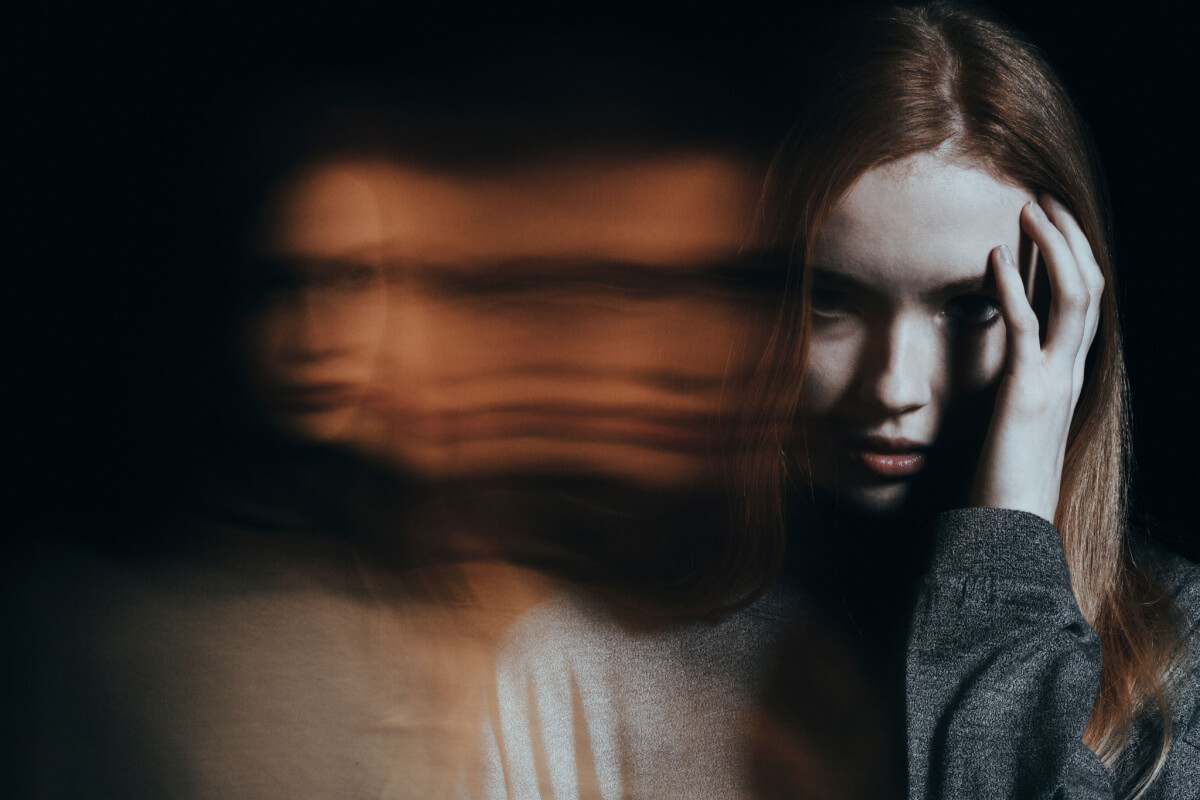
Alcohol-induced psychosis is a condition that causes a heavy drinker to experience symptoms similar to schizophrenia.
The condition is rare, but it can be very serious and warrants the immediate attention of a medical professional.
What Is Alcohol-Induced Psychosis?
Alcohol-induced psychosis describes a break from reality some people experience due to heavy alcohol use.[1]
Some people develop psychosis during acute intoxication, but others have symptoms when they try to quit drinking. Changes in brain chemistry, vitamin deficiencies and dehydration could all contribute to psychotic symptoms.
Signs & Symptoms of Alcohol-Induced Psychosis
Alcohol-induced psychosis shares some symptoms with those of schizophrenia. Your thoughts may race, you may hear or see things others can’t, or you may have delusional beliefs.
A person may also experience the following symptoms:
- Delusions
- Mood disturbances
- Visual or auditory hallucinations
- Sensations that someone or something is touching them
Others may notice radical changes in your mood or behavior. They may also see you talking to invisible people or not sleeping.
Types of Alcohol-Induced Psychosis
Multiple types of alcohol-induced psychosis exist. Understanding which type you have could help you determine how your doctor might treat it. Below are the three main types of alcoholic psychosis doctors recognize:
Alcoholic Hallucinosis
Auditory hallucinations characterize this form of alcohol-induced psychosis.[2] Some people develop these hallucinations during an episode of heavy drinking, while others develop them when they begin to get sober.
Episodes typically also involve mood disturbances and delusions. The auditory hallucinations can be traumatizing. In a small percentage of the people experiencing hallucinations, they can persist even if people stop drinking. In some others, the hallucinations seem to fade away even if they don’t treat their alcohol use disorder.
Wernicke-Korsakoff Syndrome
Long-time drinkers can develop vitamin deficiencies, especially if they vomit due to their alcohol misuse. Without thiamine (Vitamin B1), a neurological condition called Wernicke-Korsakoff syndrome can develop.[3]
Mental health symptoms of the condition include the following:
- Amnesia
- Disorientation
- Confusion
- Disorientation
People may also develop tremors, vision problems and a lack of coordination.
Delirium Tremens (DTs)
A long history of alcohol misuse changes brain cells, and in time, your brain cells become accustomed to functioning while you’re intoxicated. If you quit drinking, you can develop delirium tremens: the most serious type of alcohol-induced psychosis.
People with DTs develop the following symptoms:
- Profound confusion
- Shaking
- Visual and auditory hallucinations
Without treatment, DTs can progress to life-threatening seizures.[4]
Treatment for Alcoholic Psychosis
The type of treatment you need for alcoholic psychosis depends on the form you have. Each version has a different protocol.
Treatment options by diagnosis include the following:
- Wernicke-Korsakoff syndrome: Vitamin supplements and nutritional therapy are critical. With the proper treatment, people can get better.[3]
- DTs: People with the DTs benefit from medications that slow down brain activity.[4] With this therapy, seizures may stop, and people may begin to feel better. Without treatment, DTs can be life-threatening.
- Alcohol-induced psychosis: Research on alcohol-induced psychosis is limited, and more needs to be done to determine which treatments are most effective.[2] The first step is usually to stop drinking. This should be done in a carefully monitored setting, usually in the hospital. Others may need antipsychotic medication to stop their hallucinations.
- What might cause this difference is again not fully understood. For some people, even antipsychotic medication appears ineffective, and their hallucinations may continue despite treatment.[2]
Any new episode of psychosis in a person drinking heavily should prompt friends or loved ones to seek urgent medical care. The person should go to the emergency room and may need to be admitted to the hospital for monitoring and medications to help ease their symptoms.
People experiencing psychosis are at high risk of suicide and self-harm and should be monitored. If you are experiencing this condition, it’s important to alert someone you trust or a mental health professional about these thoughts.
Alcohol-Induced Psychosis FAQs
Can alcohol cause psychosis?
Alcohol-induced psychosis is rare but known to happen, particularly in patients drinking heavily.
What are the signs of alcohol-induced psychosis?
Mood changes, delusions, hallucinations (seeing or hearing things that aren’t there), anxiety and talking to oneself are common signs of alcohol-induced psychosis.
How long can alcohol-induced psychosis last?
Alcohol-induced psychosis can last at least a few days. People who abstain from alcohol often get better. If you can’t abstain from alcohol, recurrent and dangerous psychosis episodes may occur.
What should I do if I am, or someone I know is, experiencing psychosis after drinking heavily?
If you have concerns about yourself or a loved one, call 911 or go to your nearest emergency room for assistance.

Reviewed By Peter Manza, PhD
Peter Manza, PhD received his BA in Psychology and Biology from the University of Rochester and his PhD in Integrative Neuroscience at Stony Brook University. He is currently working as a research scientist in Washington, DC. His research focuses on the role ... Read More
- Alcohol-Related Psychosis. StatPearls. https://www.ncbi.nlm.nih.gov/books/NBK459134/. July 2022. Accessed February 2023.
- Alcoholic Hallucinosis. Industrial Psychiatry Journal. https://www.ncbi.nlm.nih.gov/pmc/articles/PMC3830167/. December 2012. Accessed February 2023.
- Wernicke-Korsakoff Syndrome. National Institute of Neurological Disorders and Stroke. https://www.ninds.nih.gov/health-information/disorders/wernicke-korsakoff-syndrome. January 2023. Accessed February 2023.
- Delirium Tremens. StatPearls. https://www.ncbi.nlm.nih.gov/books/NBK482134/. August 2022. Accessed February 2023.
Download Our Free Program Guide
Learn about our program, its effectiveness and what to expect
Related articles
Imagine what’s possible on the other side of opioid use disorder.
Our science-backed approach boasts 95% of patients reporting no withdrawal symptoms at 7 days. We can help you achieve easier days and a happier future.


